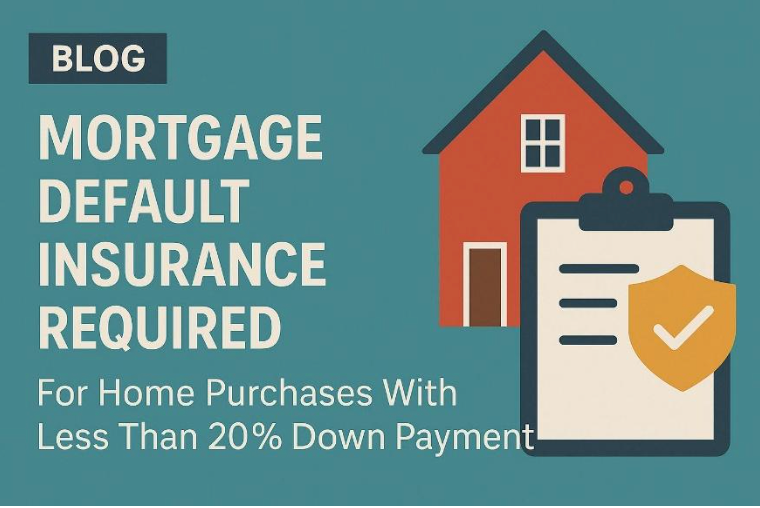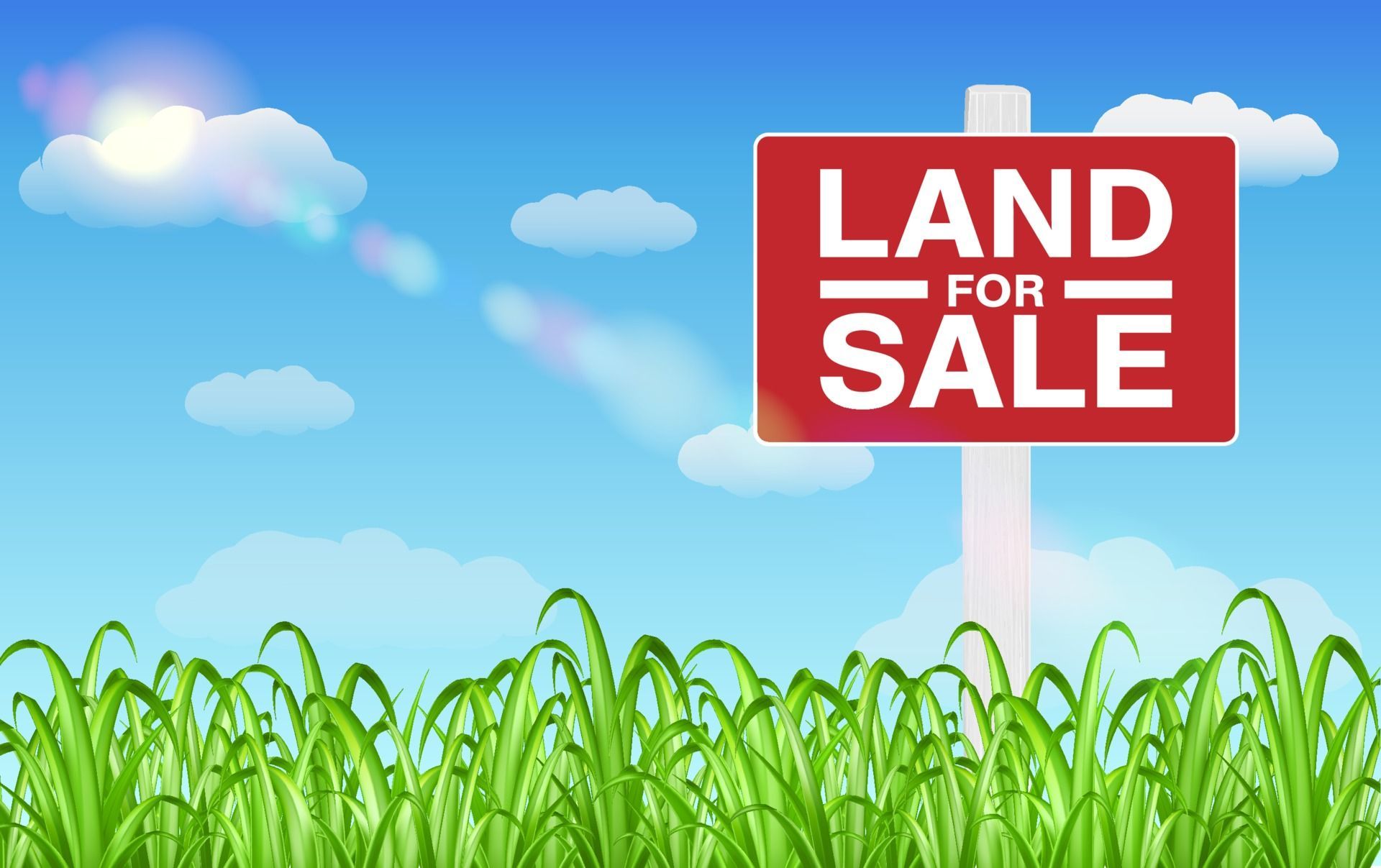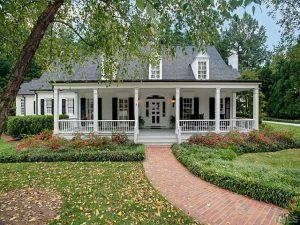Want to Buy Rural Property? 6 Things to know before you buy!
Living in the country has extreme appeal for some people. Space, peace and quiet, big home, big yard, place to raise your family… the list goes on. If you are considering buying a rural home, there are a number of things to consider, not the least being how different it is to get a mortgage.
When lenders are considering your mortgage file it’s always about managing risk. Higher risk, higher rates. The risk that you’ll pay them back as agreed and they don’t have to seize the asset and sell it to recoup their investment.
- Mortgage lenders don’t really want to own your property, because foreclosing on your property means it will take time and effort to get the homeowner off the property, list it for sale, then actually get it sold where they can finally get (some of) their money back.
- With rural properties, depending on remoteness of location and condition of the property it could take months to sell when compared to the quicker sale for a home in an city where there is much more demand.
Mortgage lenders don’t like waiting years to get their money back on a non-performing loan, so they have implemented special rules related to rural properties to reduce their risk.
A rural property, for most lenders and their home appraiser, includes only one house, the garage and 10 acres in the valuation, any additional buildings will not be considered. This policy applies to both conventional and insured mortgages.
Here are 6 things to think about before plunking down your hard-earned cash on a country home.
Hire a real estate agent knowledgeable about rural properties and local zoning laws. The names of the zones and the related details are determined by each local government so there may be variation between communities throughout each province.
Many lenders will not mortgage properties that are zoned agricultural.
- Why? Lenders are all about risk.
- If you buy a rural property and you default on your mortgage, the process of foreclosing on an agricultural property is very different and difficult for lenders. Taking a farm away from a farmer means taking their livelihood away, so the government has implemented many obstacles to prevent this.
- Provided you are not planning to grow crops or raise animals for sale, financing a home in the country can be similar to financing an urban home.
Water & Septic – In order to live in a house, you need to be able to drink the water and flush the toilet. In the country you need to take care of these yourself. When buying, if you are not on municipal water, your water will probably come from a well.
- Many lenders will ask for a potability and flow test for the well because a house without water is very hard to sell.
- Chances are your sewerage may be in a septic tank. You need have the septic system inspected by a qualified septic inspector. At a minimum, ask the homeowner to agree to a warranty clause in the agreement that the system has been in good operating condition and it will remain that way until closing.
- Both the well equipment and septic system can be very expensive to repair or replace. Thus, when you buy in a rural location, be sure you include these with your conditions.
Land – most lenders will mortgage a house, one outbuilding and up to 10 acres of land, anything above this amount will not be considered in the mortgage.
Appraisal – Your lender will want to see an appraisal to ensure the value of your land. The appraised value may come in lower than expected, because rural properties do not turn over as quickly as city properties.
- Be prepared for the inspection to cost more than it cost you in the city, since the appraiser needs to travel farther to see the property.
- If you LOVE the place and have to have it, be ready to have to come up with the difference between the selling price and the appraised value of the property.
Wood Energy Technology Transfer ( WETT ) – If there’s a wood stove or wood-burning fireplace, you make want to make your offer conditional on receiving a satisfactory WETT inspection report, which confirms the safeness and correct installation of the wood-burning unit.
Buy (or Check Into) Title Insurance – Many buyers don’t realize that farmland, particularly larger, more remote tracts of land, may have been used as a dump-site for toxic chemicals.
- Buying title insurance, or checking the title for the specific property, will let you know if the property has been listed as a toxic dump-site, or a hazardous waste site.
- Your insurance company may insist on a copy of title insurance before they agree to issue a policy.
House/Content/Fire insurance – Lenders want to ensure you have insurance in place to protect their investment. If you can’t get insurance – it has the potential to be a serious problem, since your mortgage company may not advance the closing funds.
- Living in the country is nice, however you are also far from fire hydrants and fire stations, you will pay more for home insurance.
If you are considering buying a home in a rural area, you need to have a frank discussion with your realtor, mortgage broker and lawyer before submitting your offer.
Mortgages are complicated… you need to engage an expert!!! Give me a call and let’s discuss a mortgage that works for you (not the bank)!







